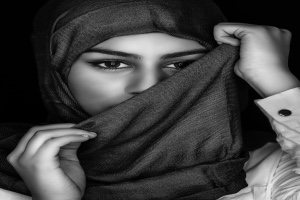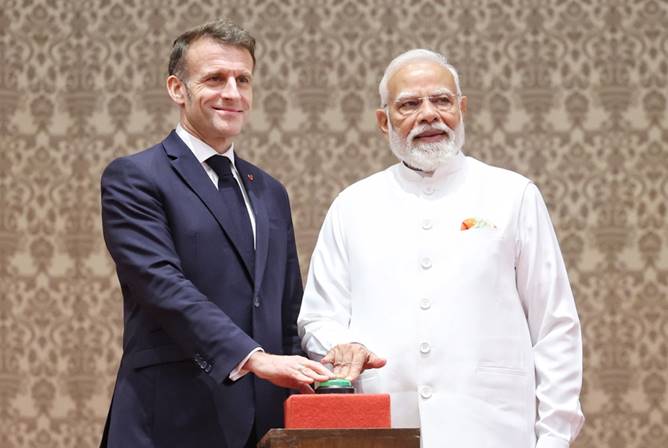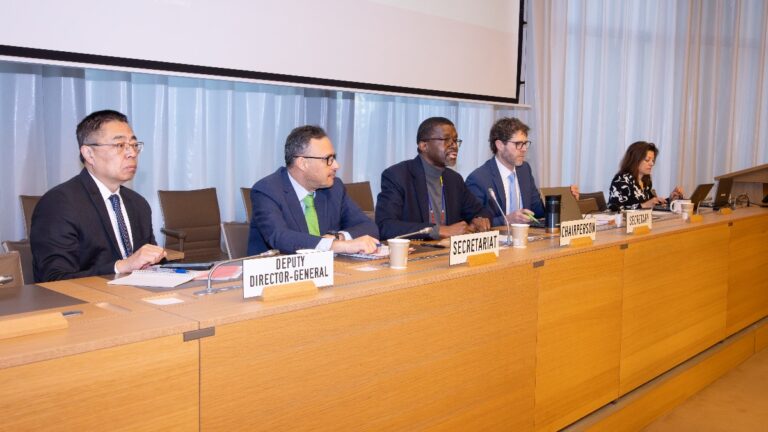
 By Shankar Raj*
By Shankar Raj*
Bengaluru: The Karnataka High Court is all set to deliver its judgment in the hijab ban case tomorrow March 15, 2022, at 10.30 am.
A full bench headed by Chief Justice Ritu Raj Awasthi and Justices JM Khazi and Krishna S Dixit had heard the case back-to-back for 11 days on a bunch of pleas against the ban on wearing the hijab in educational institutions in Karnataka. The court had reserved judgment on February 25, 2022.
The hijab controversy in the state began December-end last year when a few students wearing the hijab were barred from a government pre-university college in Udupi. On January 1, six girl students of a college in Udupi attended a press conference held by the Muslim-dominated Campus Front of India (CFI) against the college authorities denying them entry into classrooms wearing hijab. To counter this, some Hindu students in colleges started wearing saffron scarves. The saffron protests soon spread to other parts of the state. The Karnataka government then banned both hijabs and saffron scarves and said that till an expert committee decides on the issue, all students must adhere to the uniform. After this order, pleas were filed in the High Court against the ban on hijabs in classrooms.
Also read: Hijab row: Karnataka High Court reserves its judgment
During the hearing, the full bench hearing the case issued an interim order restraining students from wearing any kind of religious clothing, be it a headscarf or saffron shawls, to high schools and colleges, till the case is being heard in court. The High Court said that this was being done to maintain law and order and added that the order would apply only to those institutions which have a dress code that disallows the hijab.
During the hearing, the petitioner counsels maintained that the government order banning the hijab does not have any legal standing. The petitioners submitted that the hijab is an essential religious practice, and so the order banning it violated their fundamental right to practise religion and denied them the right to education.
Countering this, Advocate General Prabhuling Navadgi, representing the State, argued that the government has no role in taking decisions on wearing of the hijab, and it is left to the discretion of the College Development Committees (CDC) and the School Development and Management Committees. He also argued that wearing of hijab is not an essential practice under Islam and the government has the authority to make decisions when it comes to public order, health, and morality.
During the arguments, the High Court sought to know the details of the Campus Front of India (CFI)h and its role in raking up the issue. The government submitted intelligence inputs about the CFI and other organisations.
*Shankar Raj is former Editor of The New Indian Express, Karnataka and Kerala, and writes regularly on current affairs.





